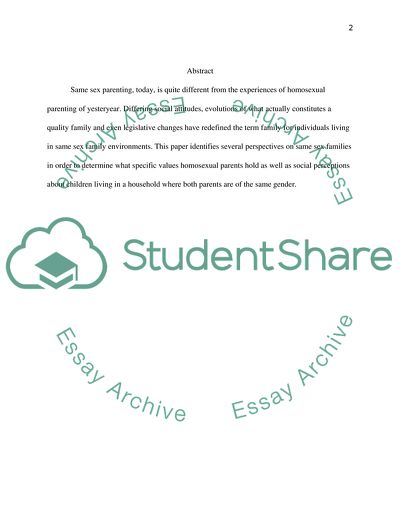Cite this document
(Several Perspectives on Same-Sex Families Term Paper, n.d.)
Several Perspectives on Same-Sex Families Term Paper. https://studentshare.org/sociology/1712666-defining-the-term-family-with-same-sex-parents
Several Perspectives on Same-Sex Families Term Paper. https://studentshare.org/sociology/1712666-defining-the-term-family-with-same-sex-parents
(Several Perspectives on Same-Sex Families Term Paper)
Several Perspectives on Same-Sex Families Term Paper. https://studentshare.org/sociology/1712666-defining-the-term-family-with-same-sex-parents.
Several Perspectives on Same-Sex Families Term Paper. https://studentshare.org/sociology/1712666-defining-the-term-family-with-same-sex-parents.
“Several Perspectives on Same-Sex Families Term Paper”. https://studentshare.org/sociology/1712666-defining-the-term-family-with-same-sex-parents.


